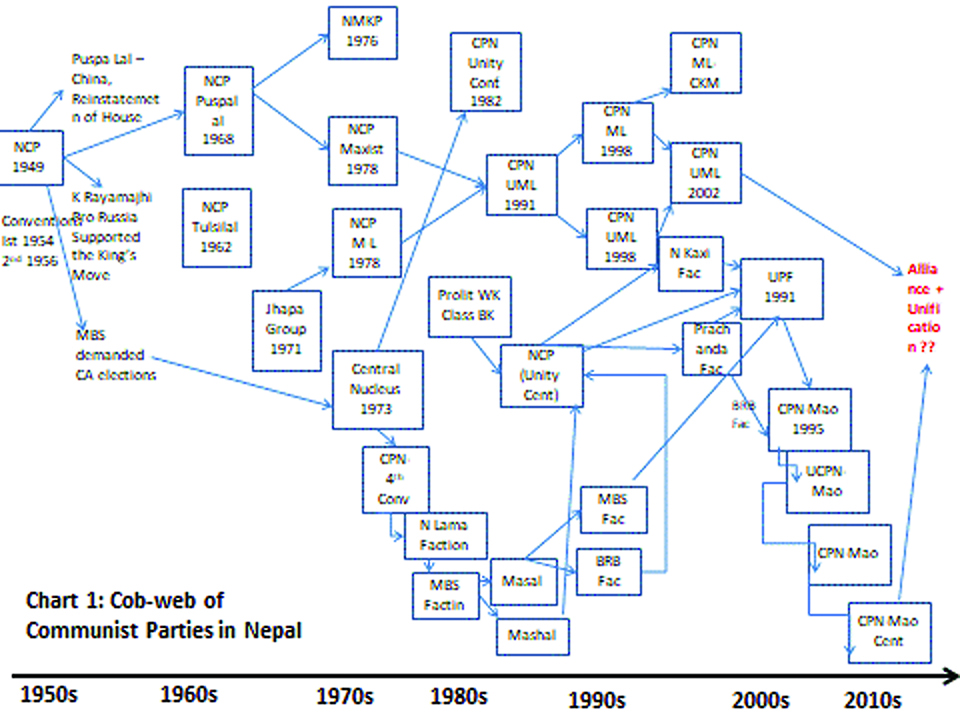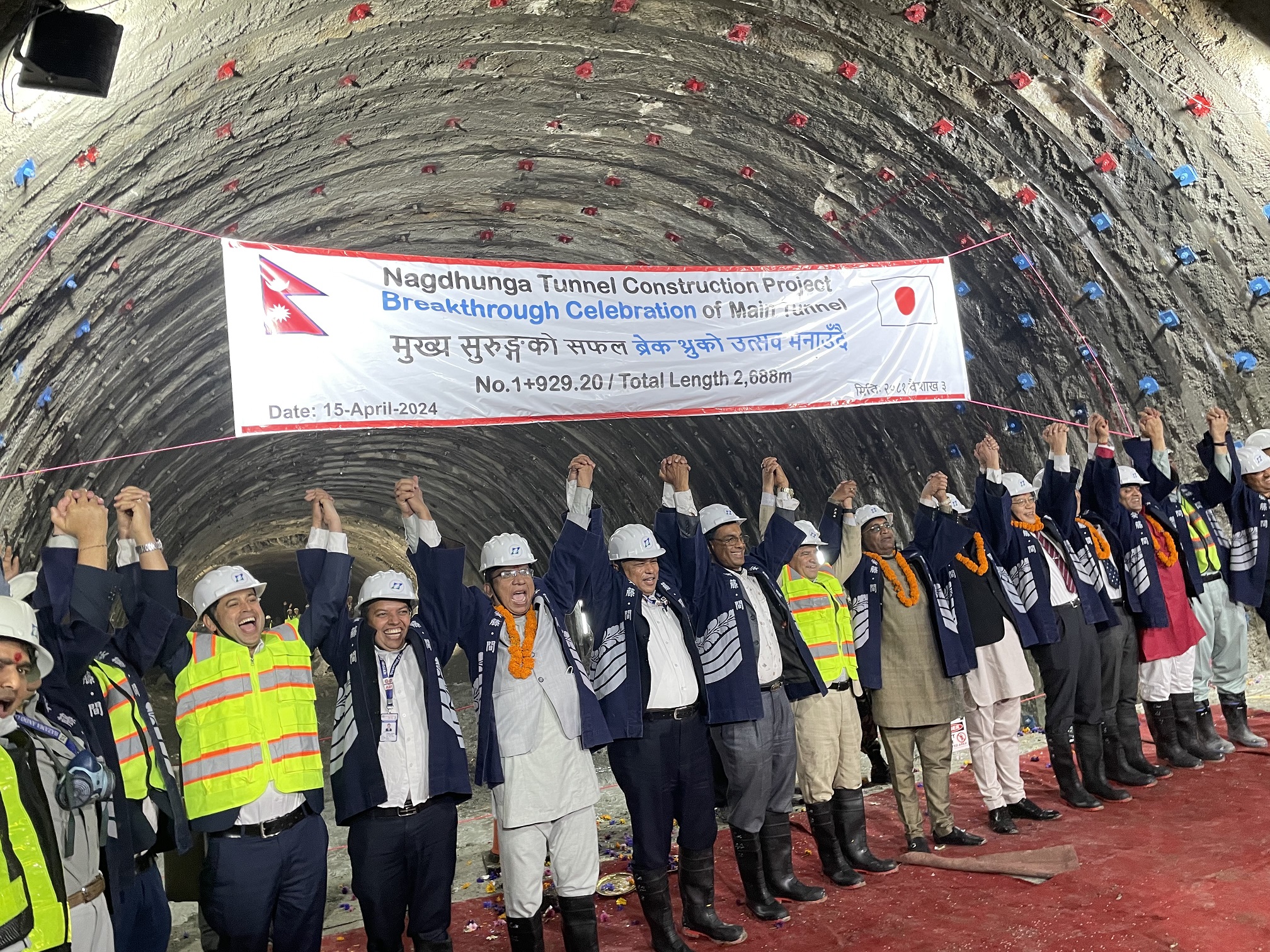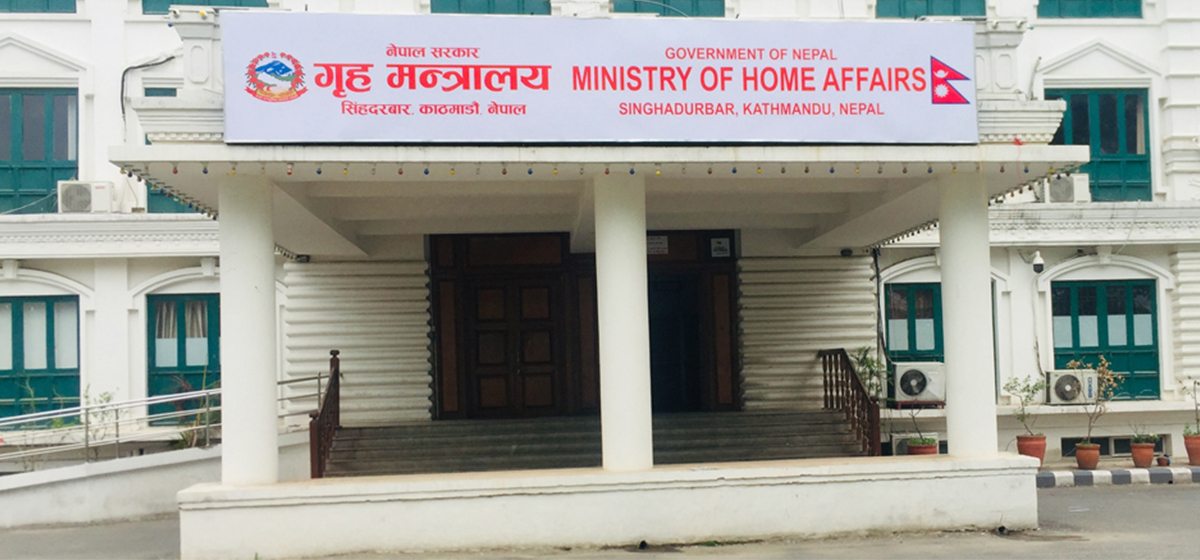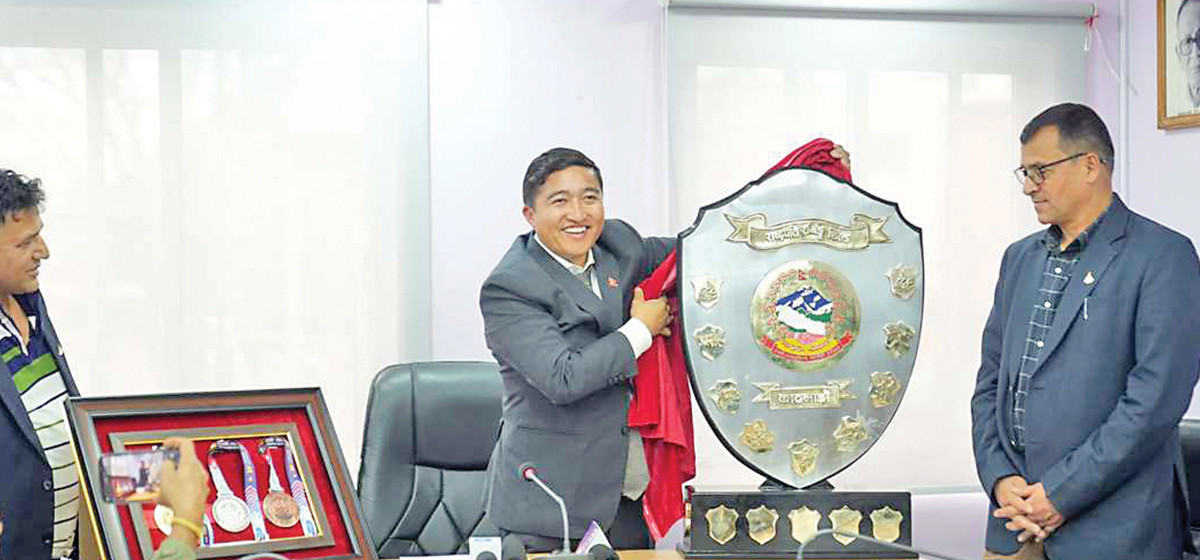
OR

The first objective of communist alliance was to defeat Nepali Congress in provincial and national elections. Will Maoist and UML succeed in unification as well?
There is a riddle in Nepali: Can you make a tonne out of the frogs? This riddle is applicable to all political parties if you define them in terms of body politics of bickering, splits, divisions, factionalism and the constant process of unification, reunification and split. There is no political party in Nepal which has not escaped vertical, horizontal and lateral splits and mergers, acquisitions and absorptions in the name of party purification and unification.
In spite of likely accusations of being labeled as prejudiced and skeptical, let me make a personal observation on Nepali society and politics. Individually, Nepali people are superb but when it comes to organized endeavor they fail despairingly. This is primarily due to lack of management skills and capability. Maybe I will take up Nepali way of management sometime in the future but the issue I want to discuss here is much hyped communist unification.
Surprise move
The electoral alliance between CPN-UML and CPN-Maoist Centre with the eventual goal of merger and unification came as a surprise to many people. There are several reasons behind this. First, the two largest communist parties, who behaved with each other as arch rivals, decided to come together. Second, this came at a time when Nepali people were celebrating Dashain holidays. Third, due to the abruptness of the move, people, in general, have not understood the motive behind the whole process. Nepali Congress (NC) admits it as “unexpected and unusual” result of “behind the scene” plays. In social media, many point to hands of China and India for the development.
There are two sides to communist unity. The first objective was to forge an electoral alliance, on which the two parties succeeded well, though they are little sort of securing two-thirds majorities required for amending the constitution to their liking. The long-term objective was creating single communist entity through the complete unification of left parties in Nepal.
Various committees are reportedly working for this purpose.
The first was tactical move to defeat Nepali Congress in the provincial and national elections. They succeeded on this too. But what about unification? Is this possible? Is this desirable or even feasible in a Nepali context? This is where much of Nepal’s current political debate has concentrated.
Given the past background and schoolings of communist parties in Nepal, party unification may not be an impossible dream but it is, definitely, a herculean task. There had been constant splits and factions due to factors such as ideological differences, external orientation, personality differences among leaders and so on (Look at the chart alongside for a brief history and evolution of communist party polarization and fragmentation in Nepal. Also note, due to space constraint only major events are mentioned there).
With a successful electoral alliance, there is a feeling of déjà vu in the leftist camps. With united communists and a stable government for at least five years to come, they are expecting a much needed political stability. And the political stability is expected to bring good governance and prosperity to all.
Graduating Nepal from a status of the least developing country to a developing country by 2022 is not going to be easy. The communist fans have even started dreaming of transforming Nepal into Switzerland of Asia. Who knows, ongoing Davos jamboree may take place in Daman? Let them dream.
Recently, in an online interview, political commentator Saurav disclosed one among several ramifications of the communist government in power. To borrow from him: “Nepali Congress is good at amassing money (read resources in economic jargon). They know from where and how to collect money but the CPN-UML is particularly good at spending or distributing money.” In his usual satirical note he asked: “What is the point in digging irrigation networks when there is no water to distribute?”
Oil and water
The skeptics draw an analogy between unification of two parties and mixing of oil with water. That is to say, they do mix, but at the end, oil will be oil and water will be water. But this scribe is not much worried by the line of demarcation as much as by the slipperiness of the mixture. We do have to wait and see who is going to slip-in and slip-out while stepping into this mixture called communist unification. The leaders are already joggling with the slippery issue as they have stopped duping their followers regarding the timing of unification: that is, whether it should take place before, after or during government formation.
Expect them to say: Unification has been delayed due to delay in government formation. They have already started to say a government formation is an event while unification a long-term process. One can never match playing words with communist fellows in Nepal.
Remember their stand on National Assembly elections ordinance? They said it is unconstitutional but they accepted President’s authentication of the same as constitutional. Same goes with the government’s appointment of the provincial governors and fixing provincial capitals. They agree with the process but disagree with outcomes.
The communist unification was a ploy to win elections through the electoral alliance. Having succeeded with the alliance, it will be no wonder to see, in the days to come, unification process being delayed or used only for public consumption to contain disgruntling voices of the party members and cadres. If one is aiming for a fewer political party or two political parties in Nepal, what is desired is the unification among smaller political parties, not the big ones.
If communist unification has been forwarded as a part of the electoral alliance, it is even more dangerous for the country’s politics. Already electoral alliances have made a mockery of electoral democracy. It is virtually like a political match-fixing—far more dangerous than electoral frauds. At least, in the game of sports, we do have a code of conduct for a fair play. Should we not have one during political elections?
You May Like This

Trump: If North Korea attacks US, it ‘will regret it fast’
NEW JERSEY, August 12: President Donald Trump on Friday issued fresh threats of swift and forceful retaliation against nuclear North... Read More...

IT Training Nepal providing a firm career path for IT enthusiasts
KATHMANDU, Mar 1: IT Training Nepal is a professional computer institute providing job oriented courses to IT students in Nepal. It... Read More...

What it takes to fly
What does it take for an aircraft to be airborne? Certainly a pilot, but what does a pilot need to... Read More...


Just In
- Chaite Dashain being celebrated by worshiping Durga Bhawani today
- One individual held with 23 kg hashish-like substance in Bardia
- Rain with storm likely in hilly regions across the country for next 3 days
- Most of the commercial banks fail to adopt good governance practices: NRB
- NOC increases price of petrol, diesel and kerosene by Rs 3 per liter
- Nepal's Forests in Flames: Echoes of Urgency and Hopeful Solutions
- 14th Central President Running Shield sports competition to begin from today
- Iran’s counterstrike


















Leave A Comment